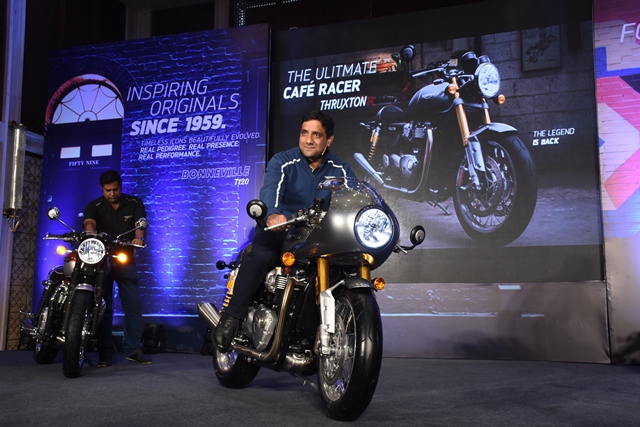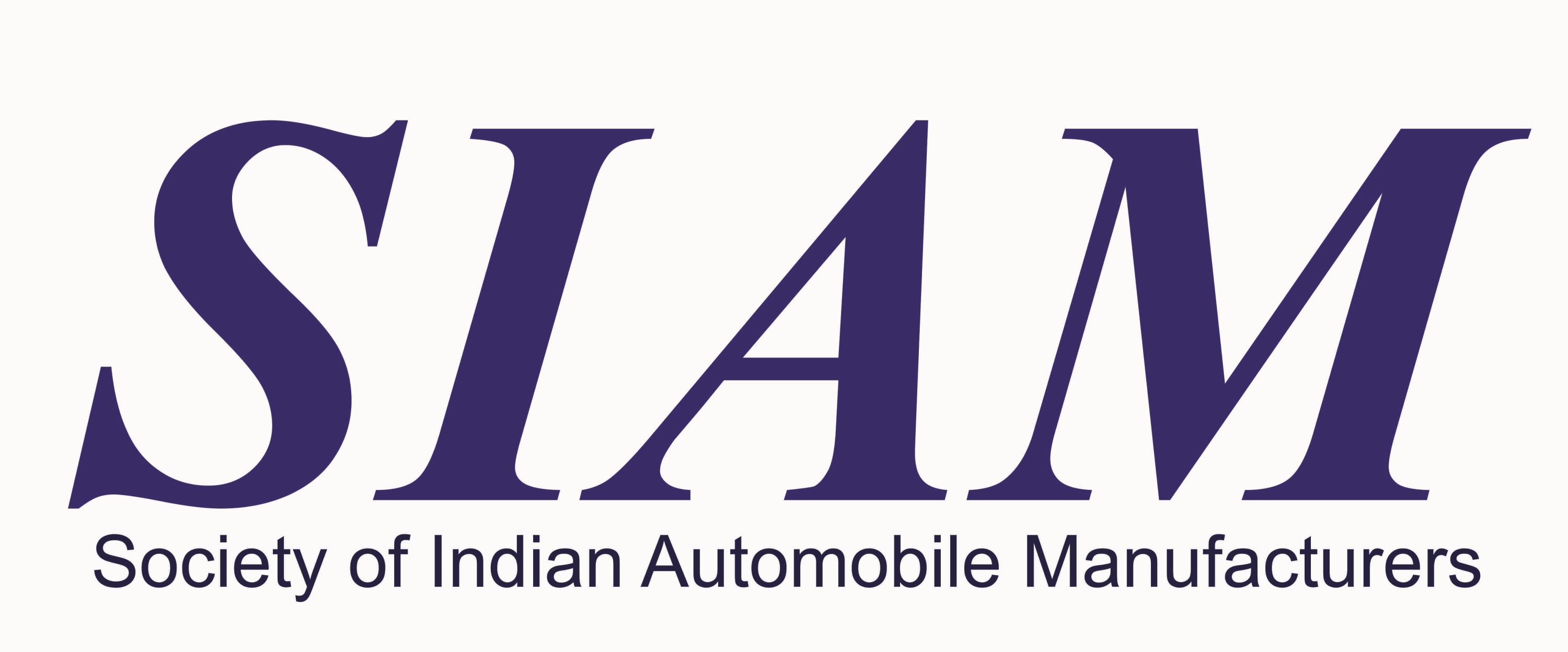Development of the outbound automobile logistics key to the growth of India’s automobile sector
Society of Indian Automobile Manufacturers (SIAM) organised the 3rd Automotive Logistics Conclave in New Delhi, today. The conference was aptly themed as ‘Optimizing operational efficiency in automotive logistics’.
Government framework coupled with industry participation will be the key to countering various issues faced by the Indian outbound automobile logistics, says a report launched during the event.
The outbound automotive logistics industry is faced with conflicting conundrums – while on the one hand, the service level expectations of the Indian consumer continue to rise; on the other hand the product complexity seems to have no upper limits leading to higher transportation costs. In addition, the industry is faced with poor infrastructure, complex regulatory framework and shortage of skilled manpower across the country.
Speaking on the occasion Mr. Vinod K Dasari, President, SIAM & MD, Ashok Leyland said, “Automobile industry has been playing an important role in the economic development of the country, contributing 7.1% to the GDP. In India, the logistics cost is estimated to be around 14% of the GDP. We are keen to find out alternative ways like railways and waterways which will bring the advantage of lesser emissions and also add a safety factor.”
Road transport has played a pivotal role in the growth of India’s automotive industry, however with increased volume, alternate modes becomes extremely critical. Commenting on the significance of promoting other modes of transportation Mr. Prem Verma, Chairman, SIAM Logistics group & Chief Executive Officer – TML Distribution Company Ltd said, “At present more than 95% of vehicle movement in India is through road transport. With the automotive industry expected to grow at a double digit rate in the next decade it is imperative that the reliance on road transport short be minimized and considerable emphasis be given to other modes like railways, inland and coastal shipping.”
Mr. Bipin Menon, Director, Ministry of Commerce and Industry said, “Cost is one of the biggest challenges faced by the logistics industry and measures to counter it will be crucial for the growth of the sector.”
Government intervention and industry participation will be critical to tackle the various issues faced by the sector. The onus will be on the government to create a favourable environment for the industry to grow. Government initiatives like logistics parks, LSP ecosystem development, Standardization of pricing, tariff plans and processes, existing infrastructure de-bottlenecking and capacity building and IT capacity building will help bolster growth in the sector.
The “Waterways and shipping” session which emphasised the role of these modes for the development of the logistics industry saw eminent panel participation by Mr. Rabindra Agarwal, IAS, Joint Secretary, Ministry of Shipping and Mr. S Mahiyaria IRTS, Member (Traffic), Inland Waterways Authority of India.
The conclave saw participation of over 150 delegates from Government, Logistics and Automotive Industries.


